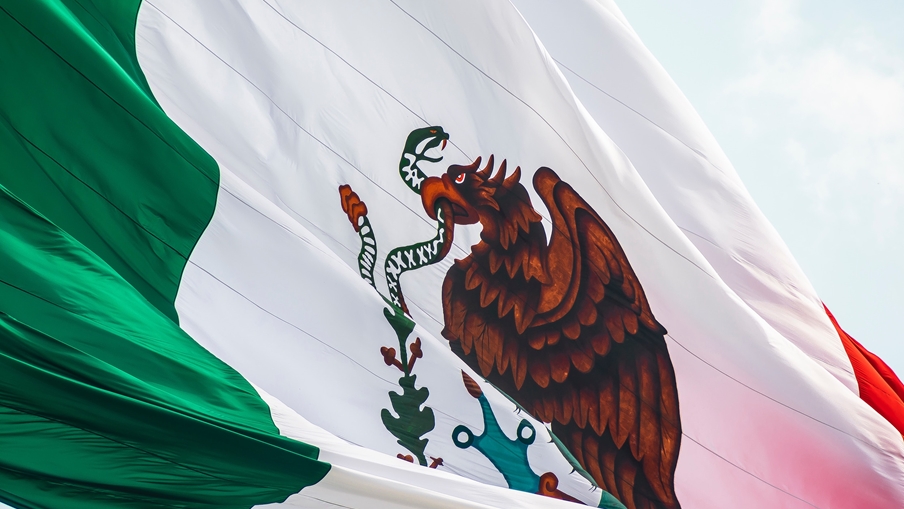The Mexican Congress is debating a series of laws that would create a new federal agency to tackle money laundering amid concerns of potential political interference in some financial investigations.
The new laws would centralize anti-money laundering enforcement and expand the jurisdiction of Mexico’s financial intelligence unit (FIU), which has become an active component of the anti-corruption push by the new President Andres Manuel Lopez Obrador administration. The legislative package also would strengthen safeguards against transactions involving shell companies or conflicts of interest. The government is focusing on corruption as a symptom of the country's historic levels of violence, according to its latest national strategy report.
The initiative comes in the wake of new restrictions on the Mexican anti-money laundering legal regime from recent court decisions and questions about whether the government has used the FIU to censor critics of the Obrador administration.
Two 2017 decisions by Mexico’s Supreme Court limited the power of the country’s financial intelligence unit, according to the 2019 U.S. State Department International Narcotics Control Strategy Report. Freezing bank accounts violates constitutional due process rights, according to the first decision. And in the second, the court curbed the intelligence unit’s ability to present financial records during court proceedings, saying only records obtained by court order are admissible as evidence.
The rulings limited the intelligence unit’s ability to tackle money laundering-linked corruption. In two other cases this year, a Mexican court lifted the FIU’s block on accounts belonging to a chain of gas stations, while a separate Mexican court suspended action taken by the unit against a general under investigation for large-scale oil theft.
